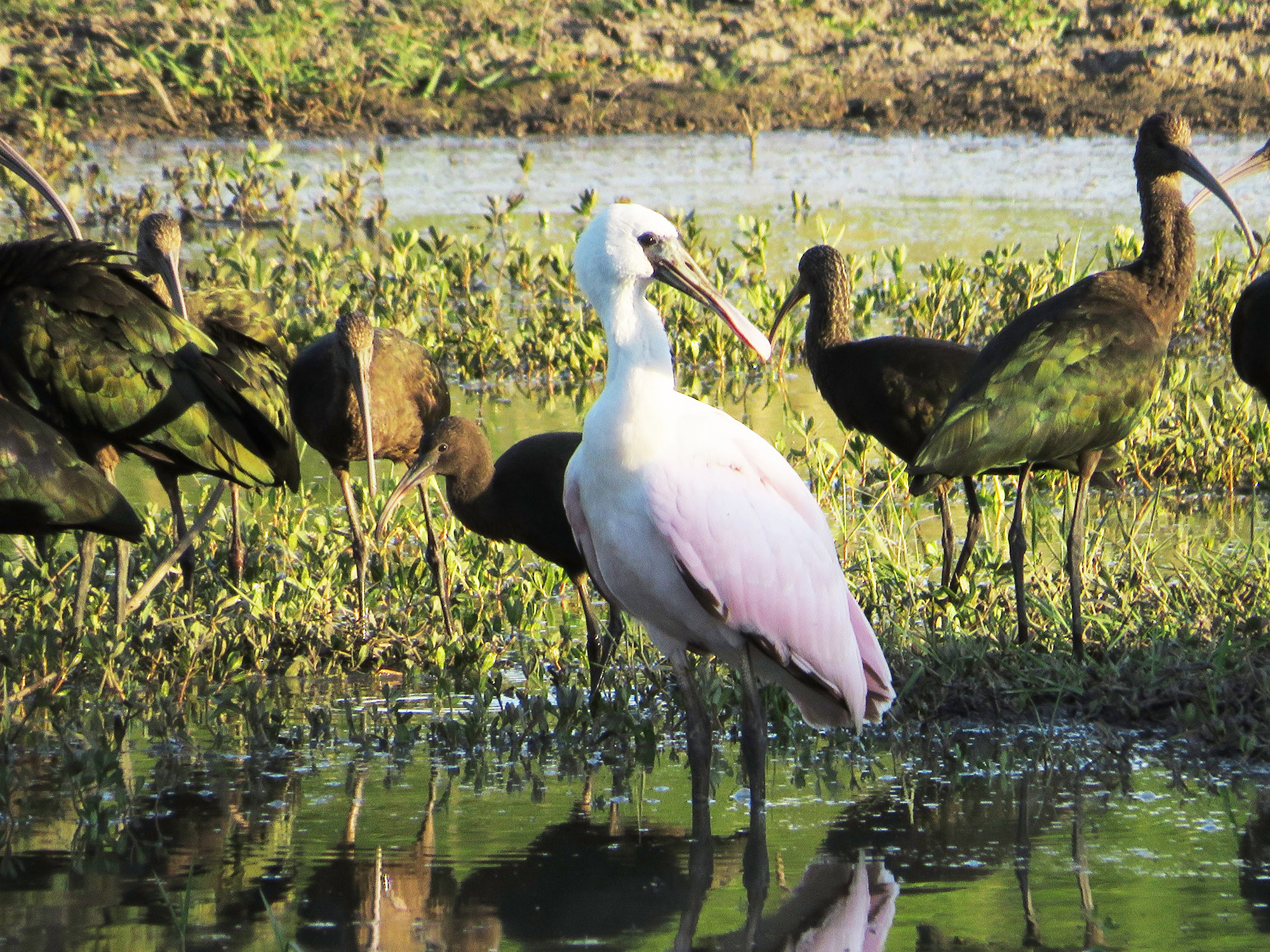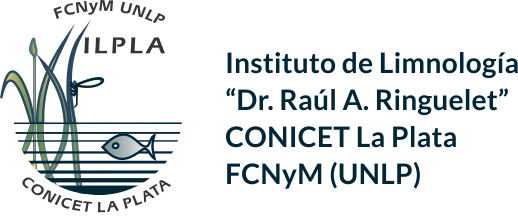Limnology is the field of ecology devoted to the study of lakes, ponds, rivers, reservoirs, estuaries and groundwater, meaning, inland water ecosystems. Its approaches cover diverse disciplines, such as geology, physics, chemistry and biology of aquatic environments.
What are the tasks of a limnologist?
Water is one of the most important resources for the development and well-being of humanity, therefore, achieving a better understanding of the functioning of aquatic ecosystems and the processes that affect them, is a crucial task to generate tools to predict events and propose measures for the sustainable management of water resources.
ILPLA limnologists seek to know and understand the organisms that inhabit aquatic environments, the processes and factors that affect them and their interactions. Our work mainly includes field, laboratory and data processing tasks. We use different field methodologies for habitat observation and assessment, environmental data collection and biological sample extraction.
In the laboratory we perform the respective physical-chemical and biological analyses and carry out experiments that allow us to obtain the necessary information to understand the dynamics of the environments studied. Then, all this information is processed and analyzed, in order to generate and develop tools that serve to diagnose and manage the continental aquatic environments and their possible changes in the face of pollution, habitat destruction and other disturbances that endanger their integrity.




